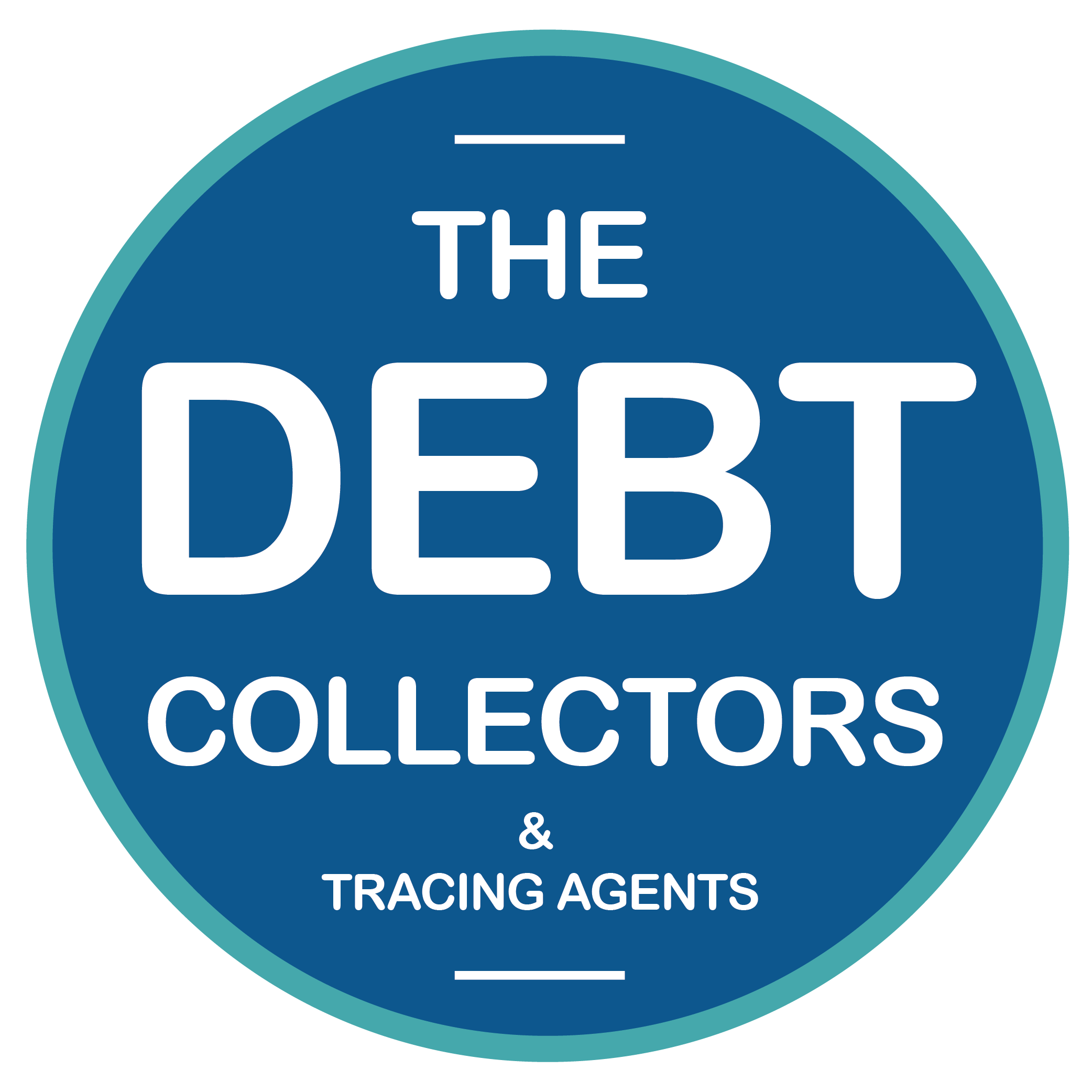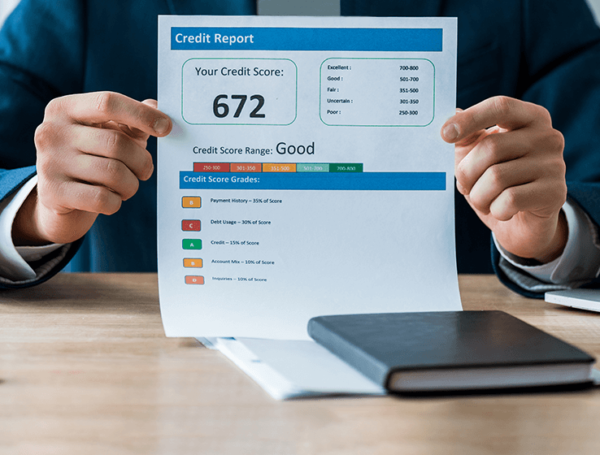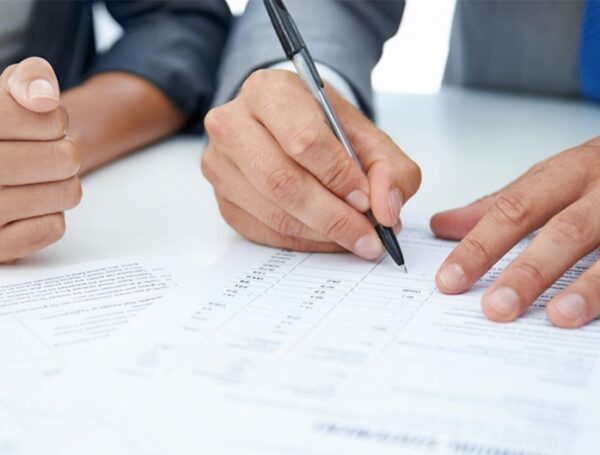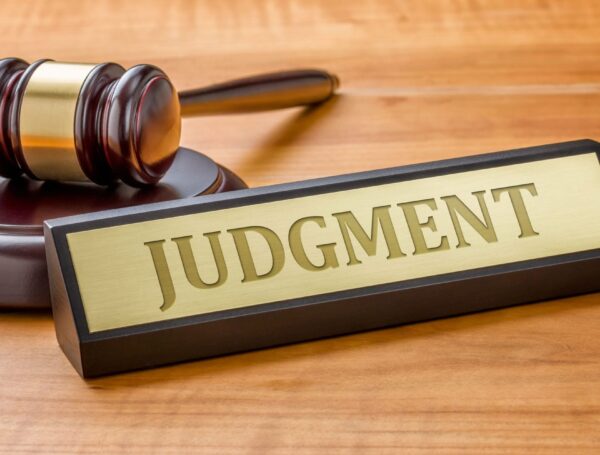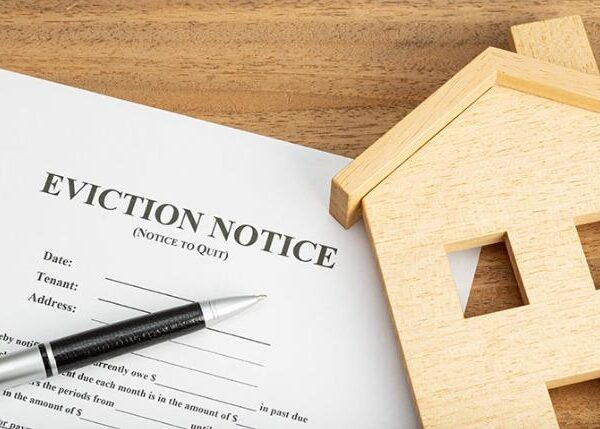 Get in touch today!
Get in touch today!

PASSION TO RECOVER MONIES OWNED TO OUR CLIENTS BY THEIR DEBTORS
WE FOLLOW A LEGAL ROUTE AND PROCEDURES ACCORDING TO
- THE CFDC (counsel for debt collection)
- We are holders of the CFDC certificates
- We are a registered CIPC company
- We offer services remotely
- We also see clients on appointment
We only build strong relationships
Best Quality Services
Fast Results
Debt Collection Experts
Our Services

We are servicing in Gauteng
Know your rights!
The National Debt Collection Act 114 of 1998 regulates the process of collecting debts in South Africa.
Debt collection is when an attorney, a person who is an agent of an attorney or a registered debt collector collects, on behalf of the credit provider, an outstanding amount plus lawful interest, admin costs and collection fees, which by law is capped to certain amounts.
If a debt collector charges for their services, they must be registered with the Debt Collectors Council. A debt collector is not allowed to:
- Use force or threaten to use force against you or your family.
- Physically threaten you or your family.
- Give, or threaten to give, information to the consumer’s employer that may affect their opportunities as an employee.
- Serve any false legal documents.
- Present themselves as police officers, sheriffs or officers of the court.
- Spread, or threaten to spread, any false information about your creditworthiness.
- Charge more than the fees set down by the Council.
What is the role of a debt collector?
It is important to know exactly what the role of the debt collector is. They are tasked with collecting money and usually have no interest in your circumstances. It’s simple; your account has been handed over to them to recover the money you owe the credit provider. They are paid a percentage of the amount collected while charging service fees for doing so.
Tips to avoid Black listing
- To avoid getting blacklisted, you should not avoid unpaid bills with your creditors. Instead, if you are unable to make a payment, rather than let a debit order bounce, or not pay your account at all, make contact with the creditor.
- Communication and transparency can prevent blacklisting. Explain what’s happening to your creditors, and make sensible and affordable arrangements to try and achieve an up to date account.
- When you make contact with your creditor and explain a serious situation to them, most of the time they will be willing to help you handle an emergency. This is especially the case if your account is generally in good standing and they can see it’s an exception. On the other hand, leaving the situation by ignoring phone calls and messages from your creditors is not the way to go if you want to avoid getting blacklisted and losing a healthy credit score.
